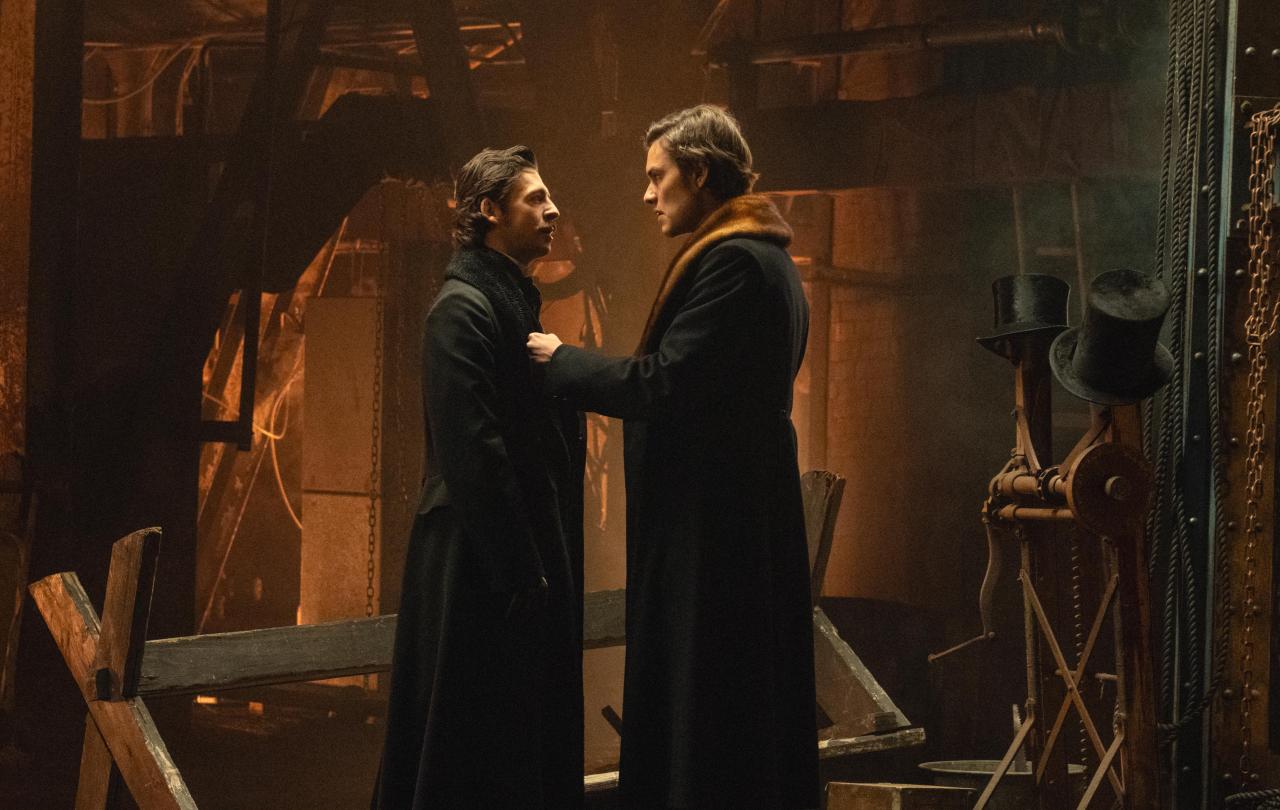
The final Seen & Unseen Aloud holiday compilation has been picked by Belle Tindall, who writes for Seen & Unseen and co-hosts our sister podcast Re-enchanting.
- Explore why films often portray the god-fearing as ‘always so god-damn weird’.
- The most beloved of Jane Austen's male protagonists is re-examined for the virtues he practises.
- Your attention is the rarest and purest form of generosity, Explore the vital wisdom of Simone Weil.





